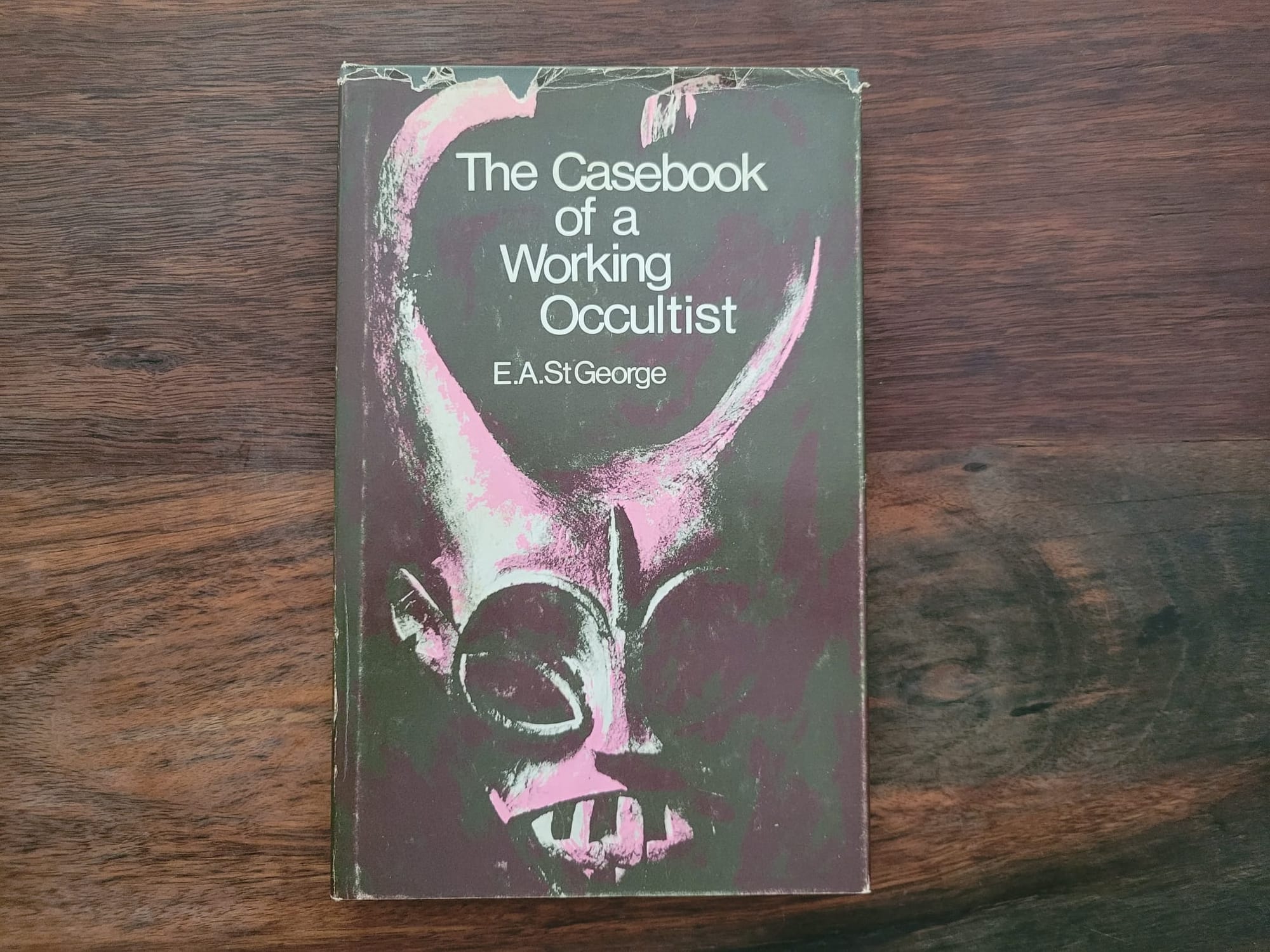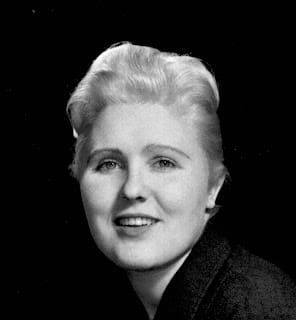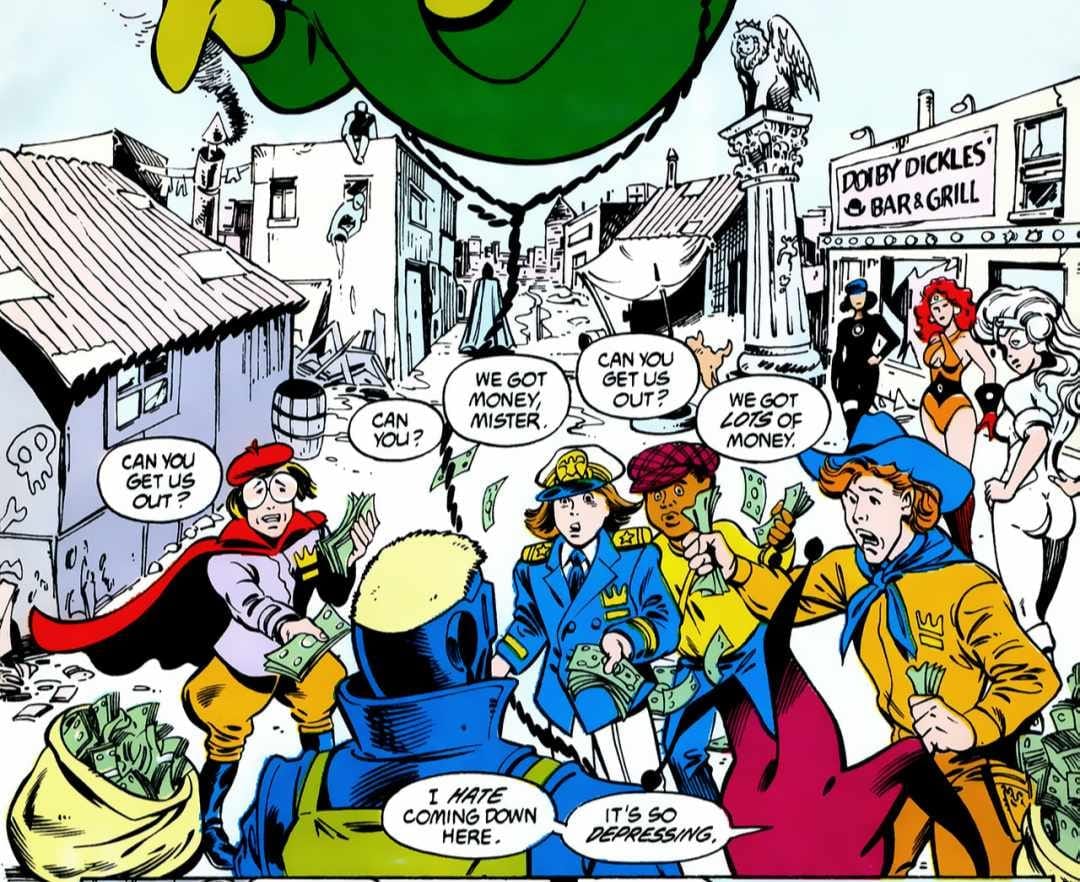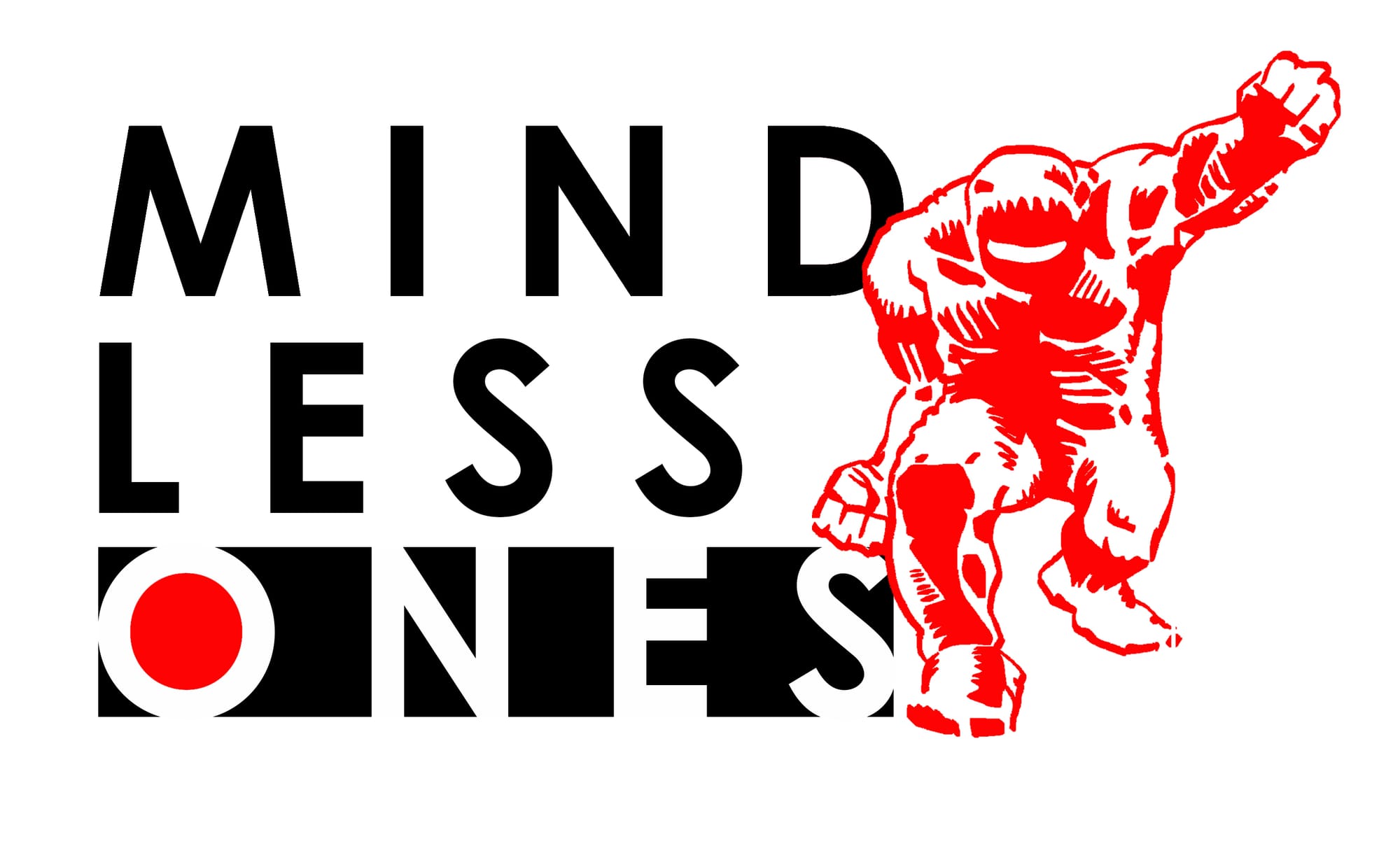Dead crow on the patio
Kieron Gillen. 5 Comedowns. Andrew & Steven. Sandra West. Superman vs The Bomb. Handling the Truth.
ITEM
MINDLESS COMMUNICATION - Kieron Gillen
Writer, The Wicked + The Divine (with Jamie McKelvie, 2014 - 2019), We Called Them Giants (with Stephanie Hans, 2024), The Power Fantasy (with Caspar Wijngaard, 2024 - present). Also writes a mean newsletter (not the kind that hurts your feelings), and sometimes even talks about games in public.
Tell us about power.
Power is a fantasy.
Tell us about fantasy.
Fantasy is power.
I sometimes wonder what my career would look like if I just was happy to just release gnomic statements into the world and wasn't addicted to trying to communicate with people. I suspect "I'd have more free time" instead of indulging my hypergraphic bullshit. Seriously, I was going to download a ridiculous amount of stuff in the microinterview before deciding that, no, Kieron, it's Microinterview. Understand the brief.
To actually answer the question, Power is the ability to make reality align with your preference. As such, all power is suspect. A lot of my work has circled back to the soft power of art, specifically to be suspicious about it - writing stories about stories fucking us up, writing the equivalent of the warnings on cigarette packets. I've concentrated on that aspect of power as it's my neck of the woods - but also as it's the one which is the first, necessary step to any other abuse of power. One needs to tell themselves a good story to be happy to kill someone. The power of art is to aim the gun of most other forms of power.
CLICK HERE TO READ MORE ABOUT ART, BIOLOGY, FANCY FANTASY AND THAT GUY GUY DEBORD!
ITEM
5 COMEDOWNS
Comedown 5: PROTECTION
I always took pride in being able to hack it. However messy you got the night before you met your duties the next day.
The mistake I made this time though, was going out with Martin.
In the early 21st Century, the free party scene re-grew legs, bringing a healthy dose of danger and chaos to proceedings. An enjoyable rough and ready DIY ethos, with the addition of curious new chemicals; the scene got weird. Nights became frayed, filled with anarchic incident.
Martin was the soundman at the venue I worked in. Lovely, but high-risk company. After our shift, we slipped off to a party at an abandoned glass factory. Fuelled by furiously potent MDMA powder, we got into it. A heady mash of bastard-hard electronica. Genres held less tribal importance now. Hedonism ruled.
We ended up back at a bar, run by his mate. Affairs got messier, people unravelling willingly, foolishly. Final orders called, I zombie-trudge back to my house, a twilight paper cutout hobgoblin butting up against faintly horrified daytime high-street folk.
At home, the machine finally switches off. I know I’ve erred – I’ve a double shift starting in a few hours. Convince myself I’ll cope, as a forced sleep takes me.
Scant sweaty hours later I peel myself from bed. At work I try, but the fear grips me. Hours of braying, unyielding Saturday night punters beckon. Kelly the lovable antipodean party-girl, and soft Scottish bear Gary take pity. They can see my mechanism is shot. Tonight, I get the soft jobs – dishwasher-jockey, barrel room wrangler. Keep me from the masses. My safety and theirs.
I could cry. This is what it means to be part of a team. This is why you work hard. Pull your weight, look after each other. Save a fellow fallen fool.
ITEM
ANDREW AND STEVEN, THOSE AMUSING BROTHERS
ITEM
Three Wizards and a Witch
One: Sandra West

Since Dee’s order the Great Work of the western esoteric tradition (not including the unaligned, cunning-in-the-community lineages) has been the realisation and regulation of the European imperial systems. But by the second Elizabethan age and its long sunset, demand for certain traditional skills - espionage, sabotage, poisoning, mind-control - fell, and the workforce was drastically cut back and semi-privatised. What roles remained were relocated into the metropole to manage the new rules and conditions of decline.
As the monarch subsumed her self and individuality into ceremonial duty, leaving her ugly children to inherit a shell, the magician’s duty was reversed: lock the robes in the attic temple and bring out the lace doilies, put on a good face to charm the natives. Swap chalices for teacups and make the restless, bitter energies of the bridge club transcendentally satisfied with their lesser lot.
Sandra West is the most spirited of this postwar breed of Adept - the sorceress of Brentham Garden Suburb, a custom built no-zone between Ealing and Perivale. Educated at Roedean - where they send the more interesting daughters of the colonial administration - then joining the WRAF before becoming a professional Tory apparatchik and frequent candidate for office. Her code name in the order became Elizabeth Ann (EA) St. George, a semi-transparent signal of anglo-templarism.

56 years ago this evening, she watched the first UK broadcast of Star Trek and began incorporating Roddenberry’s gnostic mythology into her own take on one nation co-masonry. Adopting the fashionable Californian argot she renamed the supreme being Absolute Deity in Infinite Continuums or A D I C. Taking freely from what she saw on TV and German opera, she wrote a version of the Necronomicon, then went right ahead and told the whole damn world when she named her occult investigation business Spook Enterprises.
ITEM
Superman vs The Bomb
Grant Morrison has written movingly of Superman as the embodiment of hope that humanity can move beyond our baser instincts. To the kid living across from American bases, feverishly looking at the mushroom clouds and dancing skeletons on the anti-nuclear zines, Superman was the idea bigger than the bomb.
Sadly there are decades where Grant’s Superman only lived in Grant’s head. A multiplicity of other voices defined who Superman was.
Worlds Finest 295 came out months after Ronald Reagan announced the Strategic Defence Initiative - ‘Star Wars’ - and several years before Christopher Reeve made Superman confronting the horror of nuclear weapons a condition of his signing on to Superman IV.
Disco space babes the Moon Dancers are destroying weapons satellites as fast as they can launch and Superman and Batman are called in to stop them.
This was one of the few Superman comics that I had as a kid and I remember being intrigued by the dilemma. How would our heroes cope with ‘villains’ that were clearly right?
Easily.
This manifestation of Superman is big on The American Way and light on Truth and Justice.
The Moon Dancers are led by Dr Nakamura, a child of Hiroshima, unhinged by the destruction, his genius set to working against the American industrial military complex. The poor mad deluded fool.
So much speculative fiction is aimed at explaining why we can’t do anything to make our world better. ‘…Blowing up satellites and weapons of war- - endangering innocent lives - - is not the answer!’ This Superman, star of Action Comics, warns the Moon Dancers off direct action. ‘…Don’t let us catch you sabotaging any more missiles!’ My eight year old reaction was resignation. ‘Of course they wouldn’t allow it’ first intuitions there were a ‘they’ and a limit to what our fictions were allowed to imagine.
On the outside of that limit, the Moon Dancers only appear once more in DC Comics. Lost and silent in Limbo in the background of a panel in Animal Man 25 (1990) drawn by Chaz Truog, written by Grant Morrison. (Cheers to Deep Space Transmissions for the archaeology.)

ITEM
Handling the Truth
One of the things I've been thinking of when I've been writing these pieces for this newsletter is how form has to dictate content, and how that applies to nonfiction narratives. Most of what I write now is for my podcast, where I am both allowed and encouraged to go on at inordinate length and deviate as much as I want, but these Mindless Ones pieces have to be very tight, bang, in and out three-hundred words. Which forces concision but also militates against nuance and caveats (I've said many times that my podcast is essentially a decades-long series of caveats to the statement "I like music" so it won't be misinterpreted).
I've in particular been thinking of this because of two other things. First, I watched the comedy-documentary series The Rehearsal, which is about many things but is in part about the construction of narrative in supposed nonfiction, and about reality TV. And second I reread (thanks to Elizabeth Sandifer, whose Patreon you should definitely support) Alan Moore and Dave Sim's Dialogue From Hell, where Moore talks about the process of writing From Hell as getting a mental overview and then finding that when you have an accurate bird's eye view, the details you find will resonate -- but also about how the relevant details can make your story fractally complex like a Koch snowflake.
And I'd not read that since before starting my project, and it made a *lot* of sense. So I think over the next few weeks I will do a series of posts, all three hundred words, on this view of narrative nonfiction (or in From Hell's case, fiction based on fact) looking at From Hell, Alice in Sunderland, The Rehearsal, F For Fake, and others.
At least, unless it grows too complex.
ITEM
Dear Boss
Tell just one person that you liked this newsletter. Word of mouth, more than any other form of promotion, is how creative works get noticed and sustain themselves. Thank you very much for reading.
